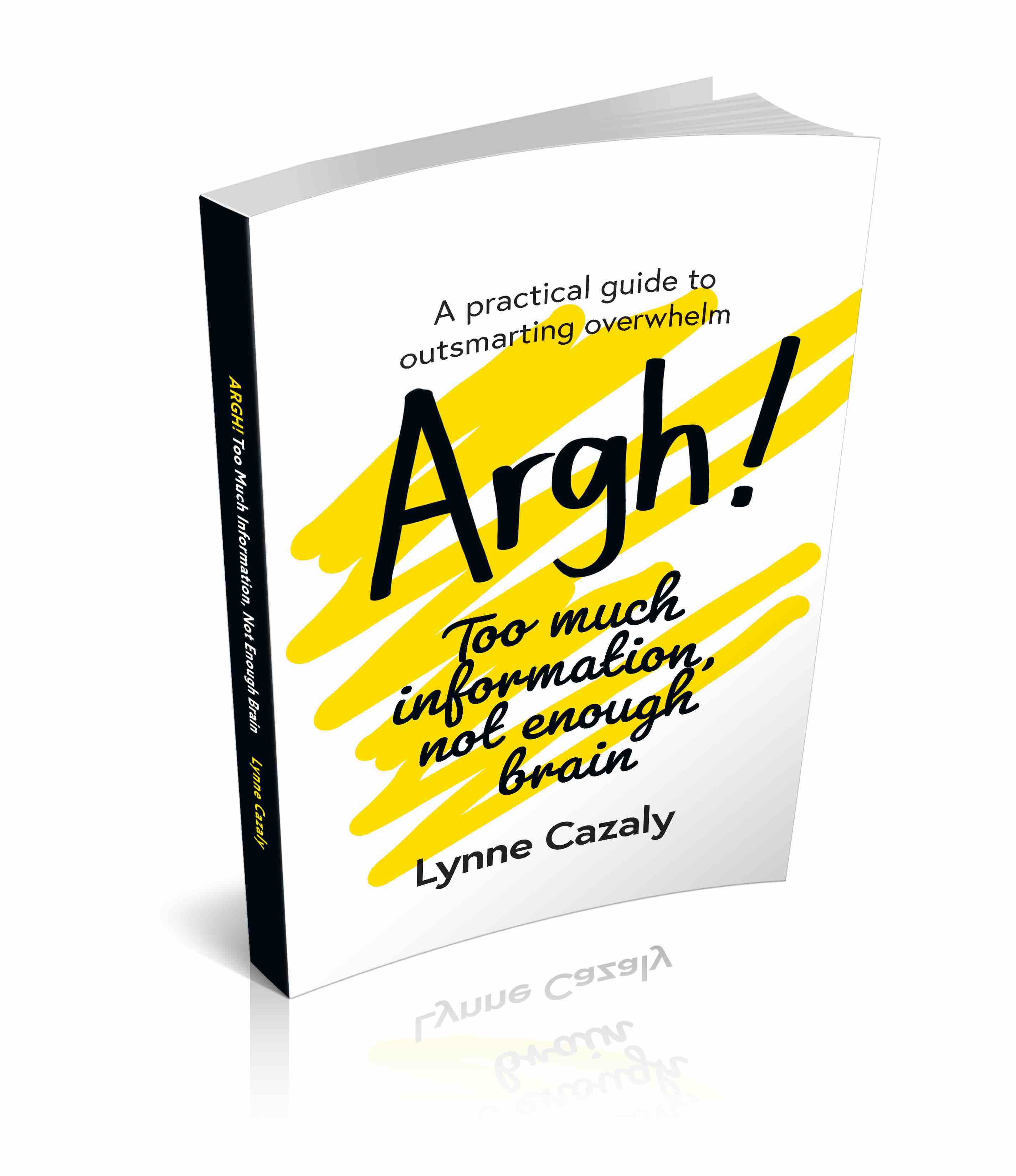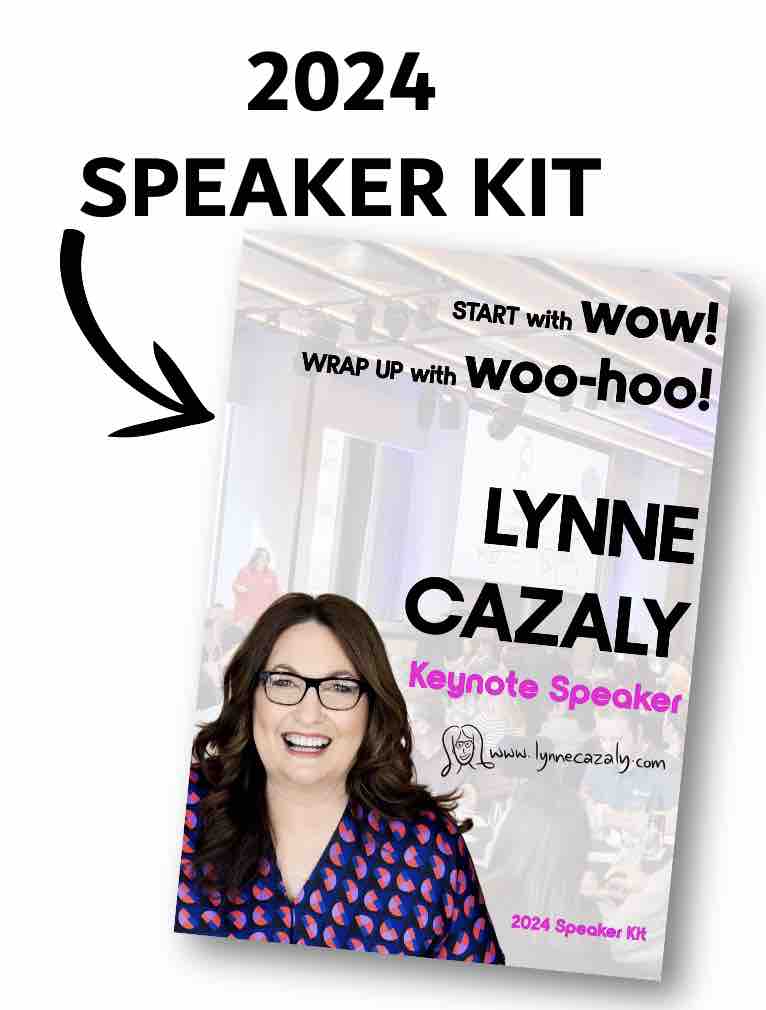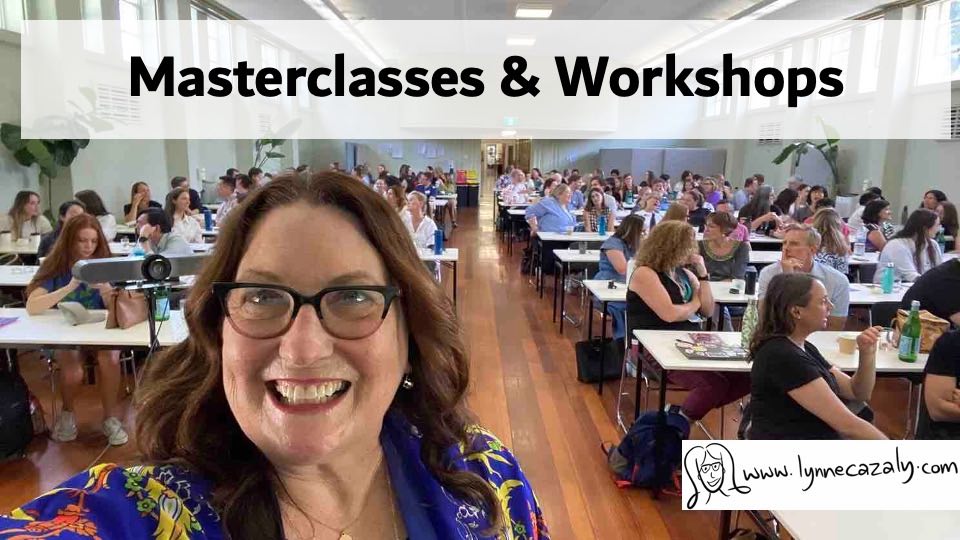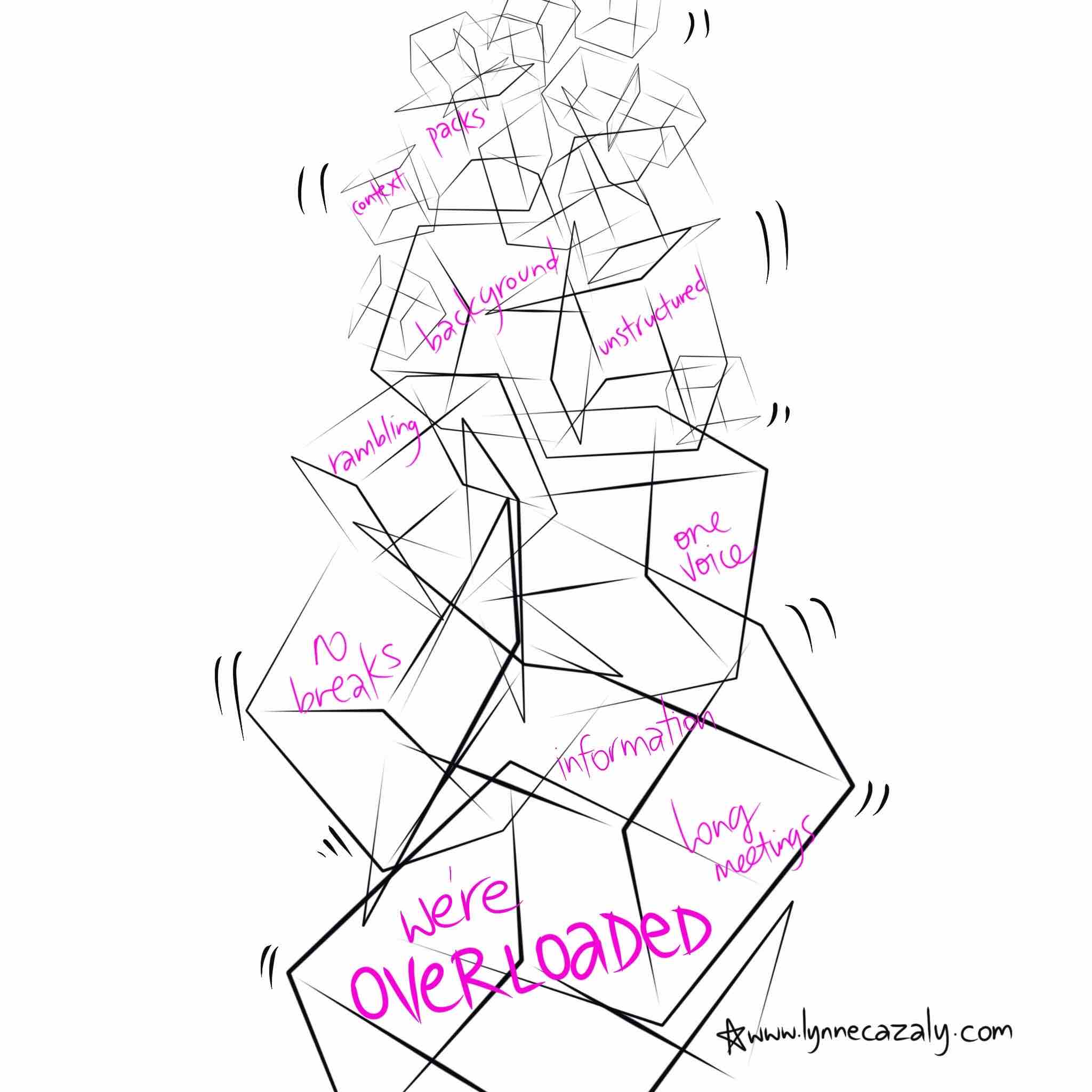Struggling, juggling, drowning
 Friday, October 1, 2021 at 8:53AM
Friday, October 1, 2021 at 8:53AM  The struggling, juggling and drowning experiences of overwhelm can become a frequent or familiar part of our life.
The struggling, juggling and drowning experiences of overwhelm can become a frequent or familiar part of our life.
Yes, the world can be an overwhelming place.
- We might have an EMOTIONAL experience of being overwhelmed;
- We can experience the ‘too much on’ of WORKLOAD that’s overwhelming, too much to do and not enough time in which to do it;
or
- We might feel like we’re submerged under an endless pile of INFORMATION, reports, books and reading.
At other times we can be 'drowning in it’ from a wicked combination of all 3 : emotions, workload and information!
Argh! This is overwhelm.
And it’s not good for us. Burnout and its health issues are waiting when we let overwhelm become too much, too often.
We need to find ways to acknowledge our emotions, manage our workload … and filter all of that information.
I believe our overwhelm can be outsmarted. (We don’t want to get rid of it altogether, because it signals important things to us. But wouldn’t it be good to be less affected by it!)
‘Argh!: Too much information, not enough brain’ is my book is out now.
It’s all about how to make sense of overwhelm, and how to outsmart it.
















